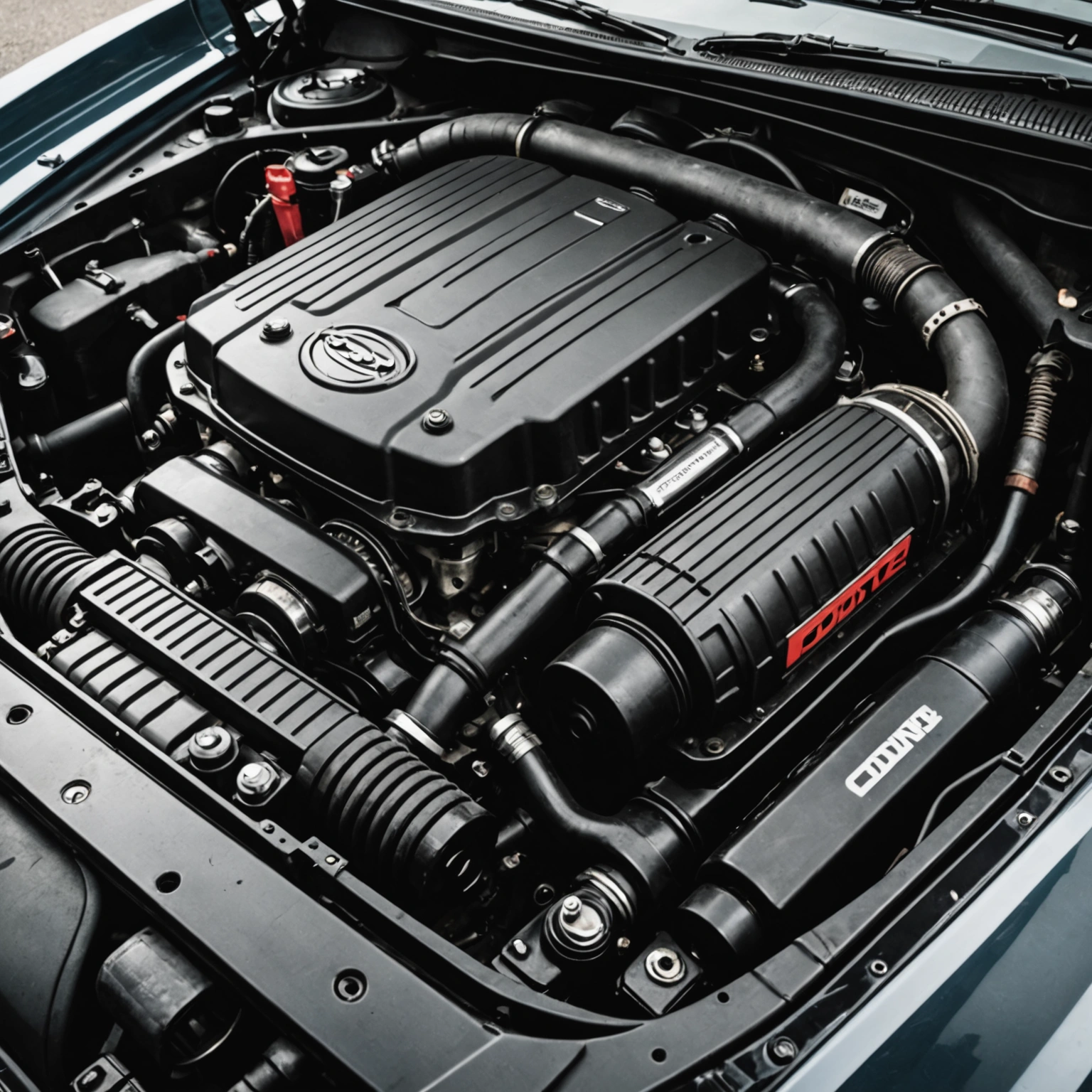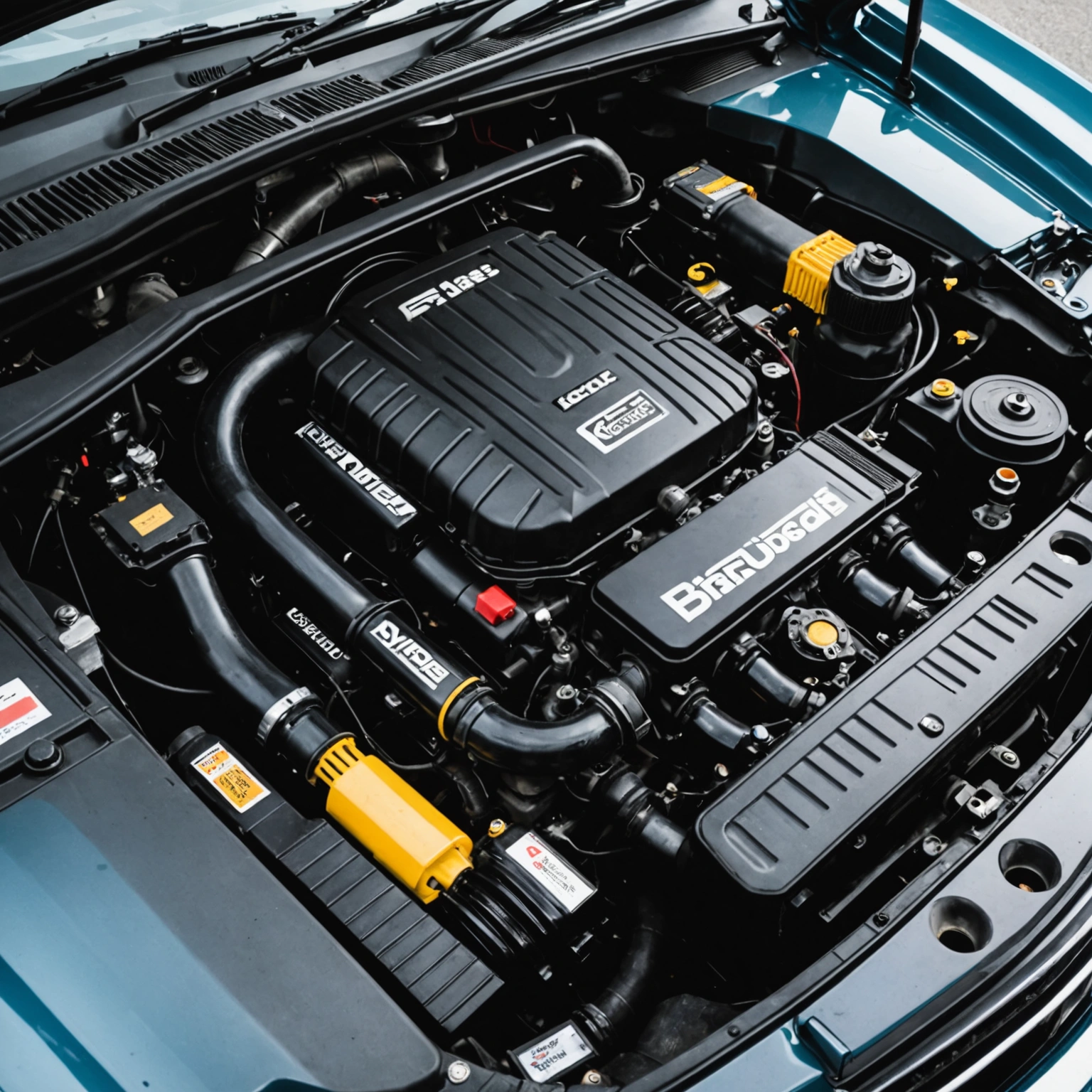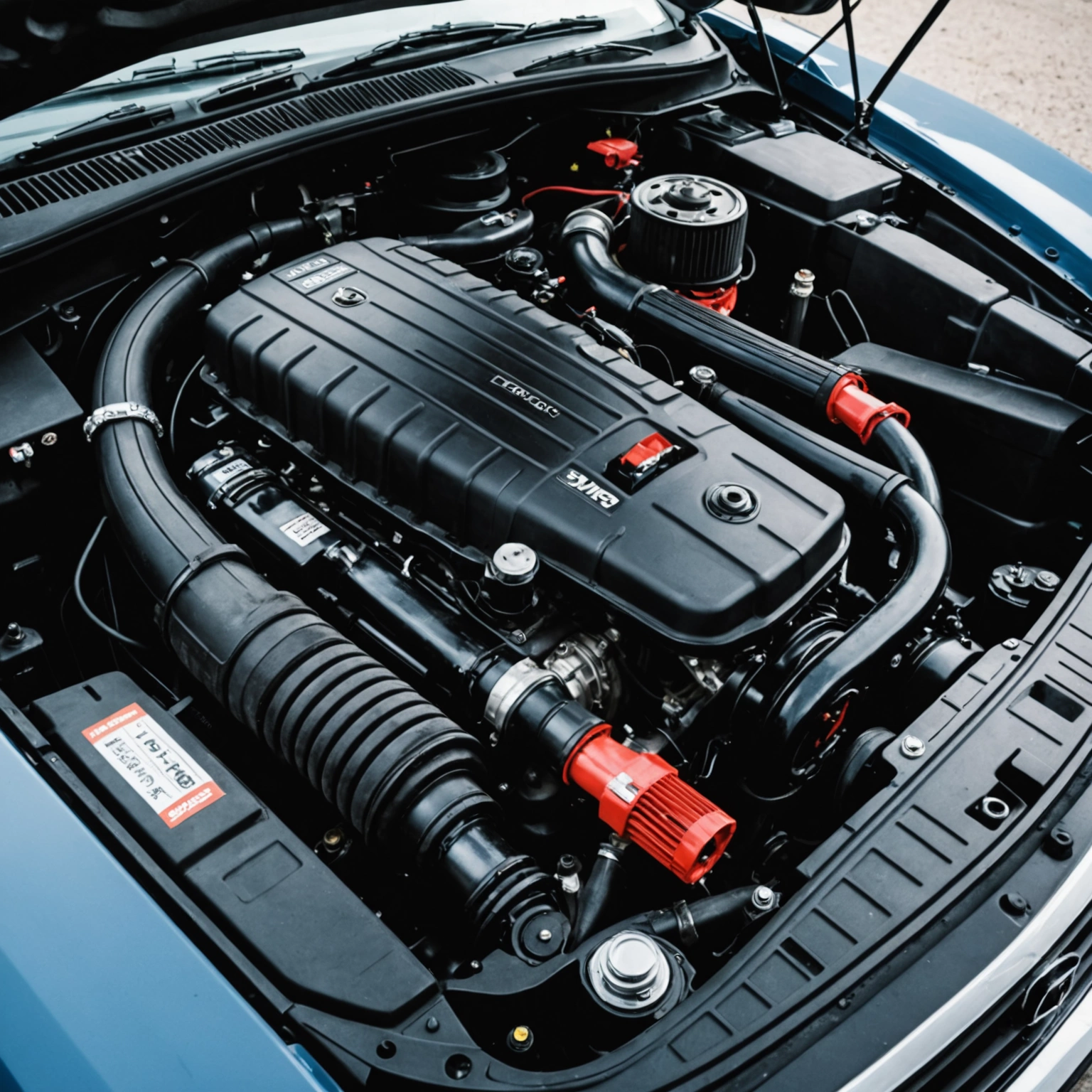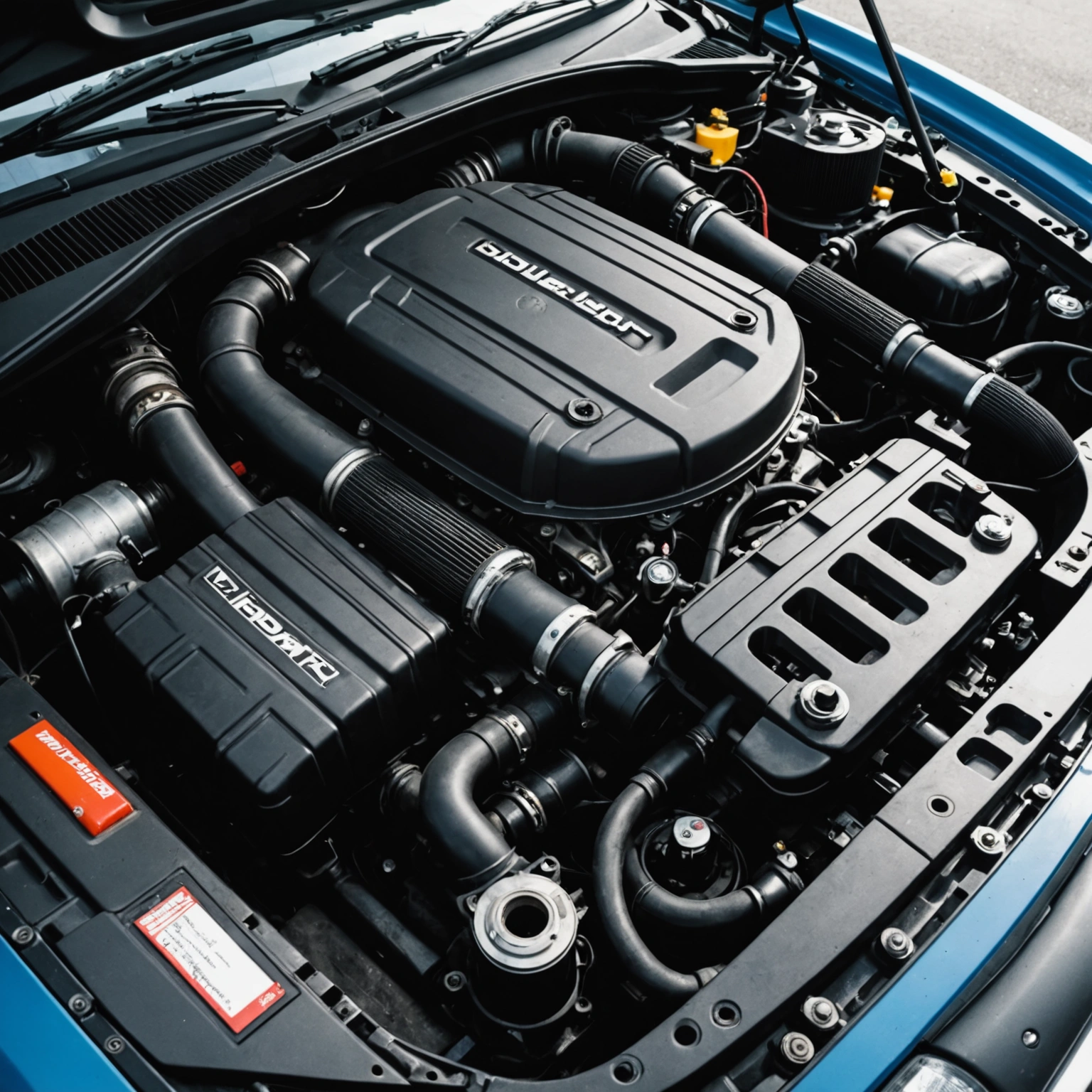**Why Does My Car Vibrate So Much? Understanding the Common Causes**
Experiencing excessive vibration in your vehicle can be unsettling and uncomfortable. While some vibrations are normal, especially at certain speeds, persistent or intense shaking often indicates underlying issues that need attention. Here’s a comprehensive overview of the most common reasons why your car might be vibrating so much and what you can do about them.

### 1. **Unbalanced or Misaligned Wheels**
One of the most frequent causes of vibration is improperly balanced or misaligned wheels. When your tires are unbalanced, certain parts of the tire rotate faster than others, causing vibrations that can be felt through the steering wheel or the entire vehicle.

**Solution:** Have your wheels balanced and aligned regularly, especially after replacing tires or hitting a pothole.
### 2. **Worn or Damaged Tires**

Tires with uneven wear, bulges, or flat spots can cause noticeable vibrations. This is often due to improper inflation, worn-out tread, or damage from road hazards.
**Solution:** Inspect your tires for uneven wear patterns or damage. Replace tires if necessary and maintain proper inflation levels.

### 3. **Suspension and Steering Components**
Worn or damaged suspension parts—such as shocks, struts, ball joints, or tie rod ends—can lead to vibrations and poor handling.
**Solution:** Have your suspension system inspected by a mechanic. Replacing worn components can restore smoothness and safety.
### 4. **Engine or Transmission Issues**
Vibrations felt during acceleration or at certain speeds might be related to engine misfires, worn motor mounts, or transmission problems.
**Solution:** If the vibration correlates with engine operation, a diagnostic scan can identify misfires or sensor issues. Replacing faulty motor mounts can also reduce engine-related vibrations.
### 5. **Brake Problems**
Vibrations when braking, especially at high speeds, often indicate warped brake rotors or drums.
**Solution:** Have your braking system inspected. Resurfacing or replacing warped rotors can eliminate brake-related vibrations.
### 6. **Drivetrain Problems**
Issues with driveshafts, CV joints, or axles can cause vibrations, especially during acceleration or at higher speeds.
**Solution:** A mechanic can inspect these components for damage or wear and recommend necessary repairs.
### When to Seek Professional Help
While some minor vibrations can be harmless or temporary, persistent or severe shaking should be diagnosed promptly. Ignoring these symptoms can lead to further damage, reduced fuel efficiency, or unsafe driving conditions.
### Final Tips
– Regular maintenance and inspections are key to preventing vibrations.
– Keep your tires properly inflated and rotated.
– Address any unusual vibrations immediately to avoid costly repairs down the line.
**In summary**, your car’s vibrations are often a sign of tire issues, suspension wear, or mechanical problems. Identifying and fixing the root cause not only enhances your driving comfort but also ensures your safety on the road. If you’re unsure, consult a trusted automotive technician to get a thorough diagnosis and peace of mind.

